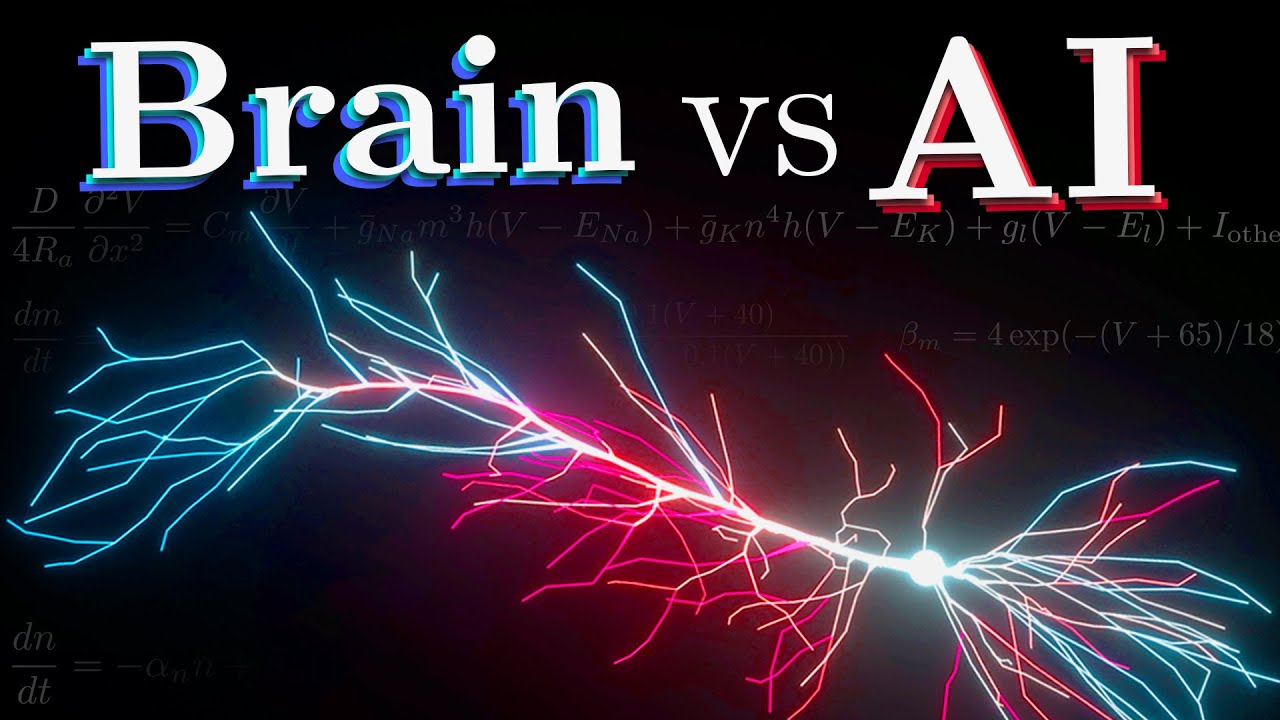Dendrites: Why Biological Neurons Are Deep Neural Networks
Unleash Your Creative Genius with MuseMind: Your AI-Powered Content Creation Copilot. Try now! 🚀
Imagine the brain as a symphony of electric signals, an orchestra of neurons, and the dendrites as the intricate strings of communication. These tiny, branching structures play a crucial role in how our brains process information. In this journey through the neural landscape, we'll delve into the fascinating world of dendrites, exploring how they're not just passive cables but complex decision-makers in the grand neural orchestra.
The Dance of Dendrites
When a neuron wants to chat with its neighbor, it doesn't send a text message. Instead, it orchestrates a symphony of chemical reactions. The sender neuron fires an action potential, and this ignites a chain of events. Signal molecules are released, and on the receiving neuron's membrane, the curtains rise on neurotransmitter-gated ion channels.
Now, picture ions flowing like energetic dancers across the stage, causing depolarization and setting the signal in motion along the dendritic tree. Traditionally, dendrites were viewed as passive cables in this performance, merely transmitting signals. But hold on to your seats; it's about to get a lot more exciting.
Dendrites: The Decision Makers
Dendrites have a few surprises up their sleeves. They aren't just passive bystanders; they actively participate in the conversation. They're equipped with voltage-gated ion channels, including the superstar, sodium channels. These channels enable back propagation, influencing the postsynaptic sites. It's like the dancers stepping out from the chorus line to take center stage.
But here's the real showstopper: NMDA receptors. These receptors are sensitive to both membrane depolarization and neurotransmitters, acting as the ultimate coincidence detectors. Imagine them as the judges in a talent show, determining which acts are in sync. This extraordinary feature allows dendrites to perform non-linear integration of incoming information, to process temporal patterns.
What does this mean? Well, neurons can now distinguish the order and velocity of incoming action potentials. It's like our brain's very own speedometer and conductor, enhancing its computational complexity.
Unlocking the XOR Mystery
Now, let's switch gears and dive into a different kind of complexity – logic gates. If you've ever dabbled in computer science, you might be familiar with XOR gates. These are like the enigmatic riddles of the digital world, and they're not that different from the brain's operations.
The XOR gate is a linearly non-separable function, which essentially means it can't be solved by a single-layer perceptron. It's a puzzle that requires a multi-layered network to crack. And this is where it gets intriguing.
Recent scientific research has unveiled the mind-boggling fact that dendritic spikes in biological neurons can perform the XOR operation. Yes, you read that right. The same dendrites we thought of as passive cables are solving complex logical problems. This revelation opens a promising door for combining insights from neuroscience and deep learning.
Neurons as Deep Thinkers
But there's more. Imagine each neuron not just as a cellular entity but as a deep artificial neural network. In recent studies, scientists have delved into modeling single cortical neurons as intricate networks. This reveals the astonishing complexity of neural computation.
As we reflect on this journey through dendrites, XOR gates, and the depths of neural computation, we're left with a profound sense of wonder. Our brains, with their intricate neural symphonies, are a testament to the brilliance of nature. We're on the verge of uncovering even more secrets, bridging the worlds of biology and artificial intelligence.
In this exciting interplay of science and discovery, the brain's dendrites emerge as creative decision-makers, and the XOR gate reveals itself as a puzzle piece in a grander, more intricate design. As we continue to unlock the mysteries of neural communication, one thing is certain – the brain's secrets are as captivating and profound as the universe itself. So, keep your neurons firing, and who knows what other wonders we'll unearth in the enigmatic realm of the mind.

Related Recaps
- THE DAY I LOVED YOU | Episode 02 FULL [ENG SUB] | Regal Entertainment Inc.
- Banking concerns weigh on markets, bearish sentiment at 48.9%, Block stock tanks: 3 things to know
- Japan Vs China #history #country #ww1 #geography #ww2 #tarih #flag #war
- Milsim - Arma 3 - Simulazione militare
- "Beuré ak Boy Niang ak Siteu moy sama rêve bi geunue mak ci lamb..." Bobou Yeumbeul fixe ses...